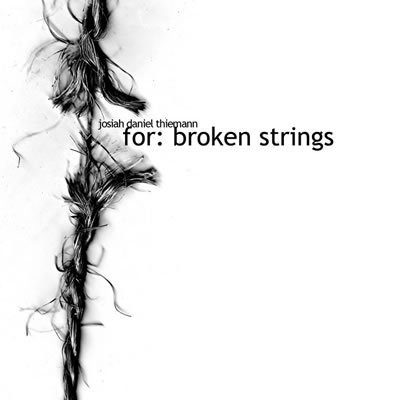
It’s been a while since I posted a music review, but here’s one worth mentioning. Battle Studies is a good new offering from John Mayer – stylistically different from his previous albums, not a pretentious attempt to answer his double-platinum, Grammy-winning release, Continuum.
Musically, Battle Studies strikes me with its layered tones that create a cool, moody backdrop. The tunes have a low to moderate energy level – no hard-hitting songs like “Bold as Love” here. With this album, Mayer mixes his earlier albums’ contemporary pop sound with Continuum‘s predominantly blues theme.
Lyrically, this album is about one thing, and one thing only: a major breakup. The album’s song lineup very closely presents a chronological overview of the his phases in dealing with the end of a relationship. “Heartbreak Warfare” begins the album and sets the stage for what is to come:
“I don’t care if we don’t sleep at all tonight
Let’s just fix this whole thing now
I swear to God we’re gonna get it right
If you lay your weapon down
Red wine and Ambien
You’re talking shit again, it’s heartbreak warfare”
Mayer ponders the depth of his commitment in “Half Of My Heart,” and begins to enjoy the upsides of single life in “Who Says” and “Perfectly Lonely.” Over the next several songs, he begins to feel the true depth of his relationship’s intimacy and the weight of the subsequent falling out, and expresses the full range of his conflicting emotions: “I want you so bad, I’ll go back on the things I believe / There, I just said it, I’m scared you’ll forget about me.” Finally, “Friends, Lovers Or Nothing” is a literal resolution of the whole ordeal, a ballad full of major chords and clear direction forward in the relationship.
This is definitely not my favorite John Mayer album. Each track bleeds of heartbreak, without respite. Also, his cover of “Crossroads” is thoroughly disappointing compared to live performances, and sticks out as a sore thumb from the otherwise cohesive album. To sum it up, Battle Studies is a great piece with some powerful songwriting, but its singular theme is enough to keep me from putting it in frequent rotation in my music library – though I’m sure it’ll be the first album I pull out the next time I’m in a similar situation.






